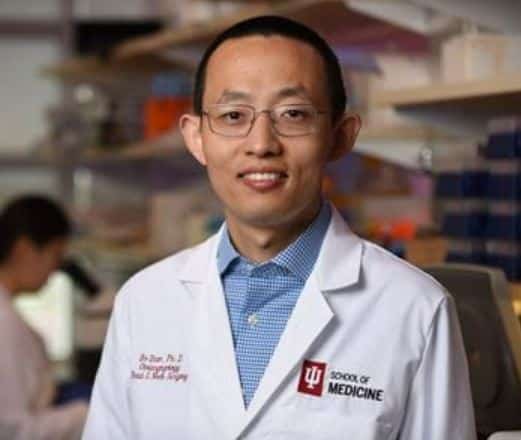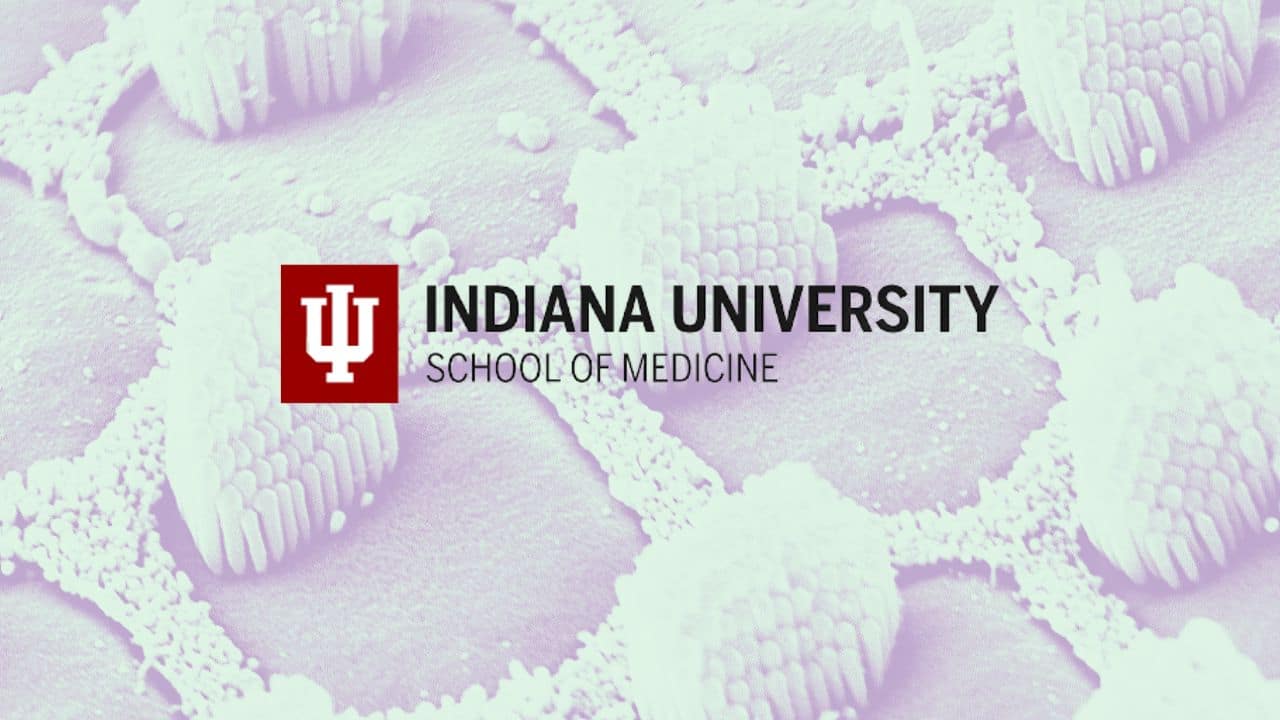INDIANAPOLIS, INDIANA — Researchers at Indiana University School of Medicine are developing new ways to study why an antibiotic causes hair cell death and permanent hearing loss in people.
In a study recently published in Developmental Cell, the researchers explained how they identified the autophagy pathway in hair cells that’s linked to permanent hearing loss brought about by aminoglycosides—a class of antibiotics.
The researchers also developed one of the first laboratory models that’s insusceptible to aminoglycoside-induced hearing loss.
“This work identifies multiple potential therapeutic targets for preventing hearing loss caused by aminoglycosides”
–Bo Zhao, PhD, Assistant Professor of Otolaryngology HNS
Aminoglycosides and Ototoxicity
Aminoglycosides for nearly a century have been used to treat severe infections. Although the drug is a first-line treatment for life-threatening infections—particularly in developing countries—due to their low cost and low incidence of antibiotic resistance, it has been reported to cause hair cell death and subsequent permanent hearing loss among 20-47% of patients, but the underlying mechanisms are not clear. Hair cells are responsible for sound reception in the inner ear.
Zhao, whose lab investigates the molecular mechanisms underlying hearing loss, used biochemical screening to identify proteins found in hair cells. They first discovered that aminoglycosides bound to the protein RIPOR2, which is required for auditory perception.
“As aminoglycosides specifically trigger a rapid localization change of RIPOR2 in hair cells, we hypothesize that RIPOR2 is essential for aminoglycoside-induced hair cell death”

The researchers developed a model in the lab that has normal hearing but significantly decreased RIPOR2 expression. Through these experiments, Zhao said the model had neither significant hair cell death nor hearing loss after treatment of aminoglycosides.
“We then discovered RIPOR2 regulates the autophagy pathway in hair cells. Knowing this, we developed other laboratory models without the expression of several key autophagy proteins that did not exhibit hair cell death or hearing loss when treated with the antibiotic,” said Jinan Li, PhD, postdoctoral fellow in the Zhao lab and first author of the paper.
The study authors say the proteins identified in this study could potentially be used as drug targets to prevent aminoglycoside-induced hearing loss in future studies.
In addition to Zhao and Li, authors of the article include Chang Liu, PhD, postdoctoral fellow in the Zhao lab, and Ulrich Mueller, PhD, Bloomberg Distinguished Professor of Neuroscience and Biology at Johns Hopkins University. Funding for the research was provided by the National Institutes of Health and IU School of Medicine.
About Indiana University School of Medicine
IU School of Medicine is the largest medical school in the U.S. and is annually ranked among the top medical schools in the nation by U.S. News & World Report. The school offers high-quality medical education, access to leading medical research and rich campus life in nine Indiana cities, including rural and urban locations consistently recognized for livability.
Source: IUSM






